Invited speakers

Andrej Bauer (University of Ljubljana & IMFM, Slovenia)
Andrej Bauer is a mathematician and computer scientist working on the foundations of mathematics, computability, and mathematical foundations of programming languages. He also works on computer tools that assist mathematicians with formally verified mathematics. He obtained his Ph.D. in pure and applied logic from the School of Computer Science at Carnegie Mellon University in 2000. He is currently a professor of computational mathematics at the University of Ljubljana, Slovenia. In 2012, he was a visiting member at the Institute for Advanced Study in Princeton, where he participated in the Special year on Univalent Mathematics. He is one of the authors of the book "Homotopy type theory: Univalent foundations of Mathematics", which introduced homotopy type theory.
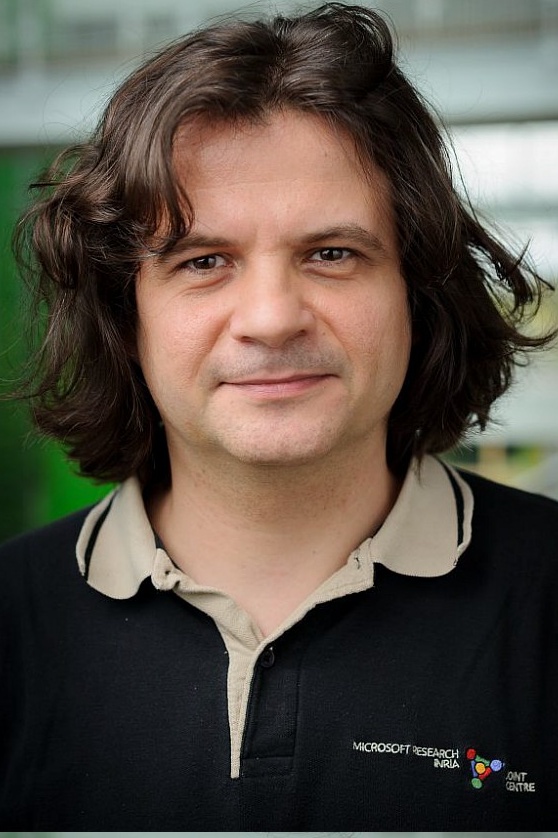
Alin Bostan (Inria, France)
Alin Bostan is a computer scientist and mathematician working at Inria in France. His main research field is symbolic computation, notably the design of efficient algebraic algorithms. He blends an experimental mathematics approach with fast computer algebra algorithms in order to solve problems from enumerative combinatorics, statistical physics, and number theory. He received his Ph.D. from Ecole polytechnique in 2003; his doctoral thesis "Efficient algorithms for basic operations in Computer Algebra" got two prizes, from Ecole polytechnique and from the French Association for Theoretical Computer Science. He joined Inria in 2004, and defended his habilitation thesis "Computer algebra for lattice path combinatorics" in 2017.
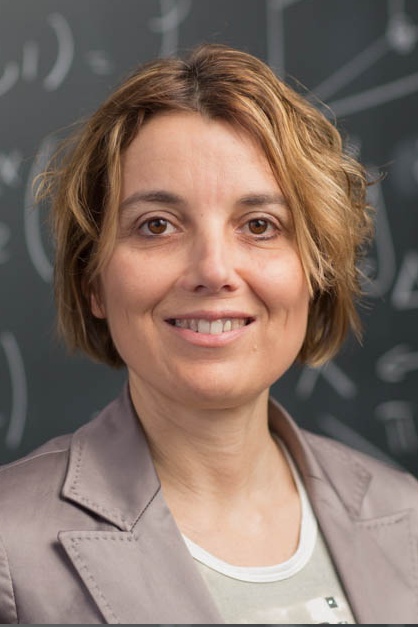
Sandra Di Rocco (KTH, Royal Institute of Technology, Sweden)
Sandra Di Rocco received her Ph.D. in Algebraic Geometry from Notre Dame University (USA). After postdoc and faculty positions at the Institute Mittag Leffler, Max Plank Institute, Yale University and the University of Minnesota, she moved to KTH in Stockholm where she is now a professor and head of the department of Mathematics. Her early work is in projective geometry and invariants of algebraic varieties. In the past years she has been mainly interested in varieties with group actions, especially toric varieties and the interchange between convex and algebraic geometry. She has additionally explored numerical and computational aspects of algebraic geometry and is among the founders and executives of the KTH MathDataLab.

Eric Katz (The Ohio State University, USA)
Eric Katz studies the interplay between combinatorics and algebraic geometry, with applications to number theory. He uses ideas from tropical geometry which transforms questions in algebraic geometry into questions in combinatorics. He received a Ph.D. from Stanford in 2004 under Ravi Vakil and Yakov Eliashberg and was a postdoc at Duke University and the University of Texas. Since 2016, he has been a faculty member at the Ohio State University, his undergraduate institution. With Karim Adiprasito and June Huh, he resolved Rota's log-concavity conjecture. He is the recipient of an NSF CAREER grant.
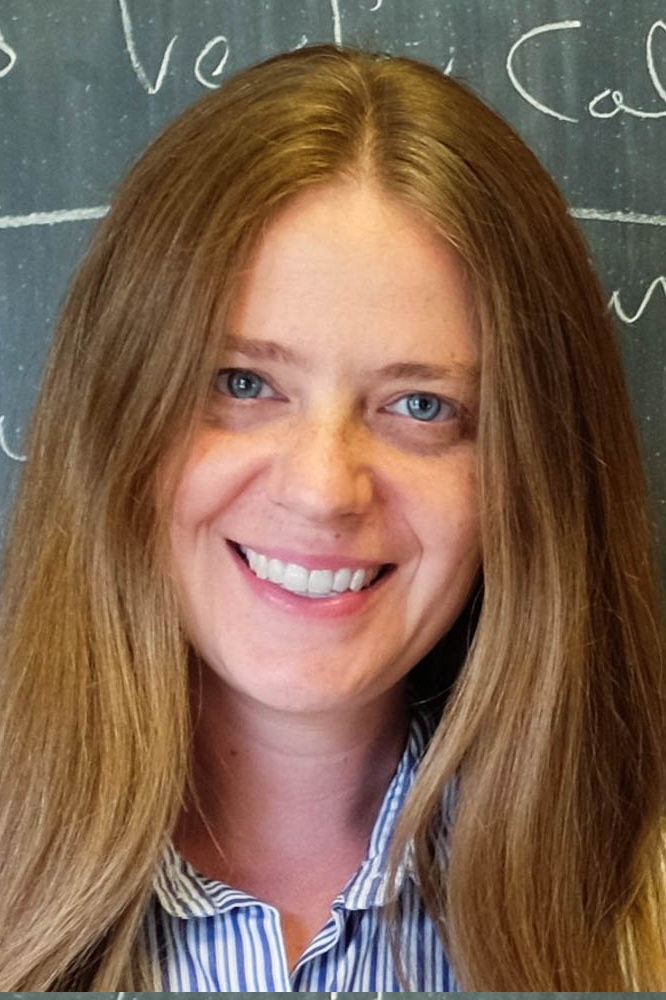
Caroline Klivans (Brown University, USA)
Caroline J. Klivans received a B.A. degree in mathematics from Cornell University and a Ph.D. in applied mathematics from MIT. Currently, she is an Associate Professor in the Division of Applied Mathematics at Brown University. She is also an Associate Director of ICERM (Institute for Computational and Experimental Research in Mathematics) at Brown University. Before coming to Brown she held positions at MSRI, Cornell and the University of Chicago. Her research is in algebraic, geometric and topological combinatorics. Most recently she wrote a book titled "The Mathematics of Chip-Firing", published by CRC Press.
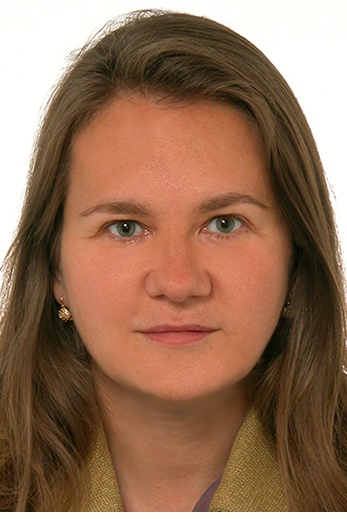
Nataša Pržulj (Barcelona Supercomputing Center, Spain)
Nataša Pržulj obtained her Ph.D. in Computer Science at the University of Toronto in 2005. She is recognized for initiating extraction of biomedical knowledge from the wiring patterns (topology and structure) of Big Data real-world molecular and other networks. Her recent work includes designing machine learning methods for integration of heterogeneous biomedical and molecular data, applied to advancing biological and medical knowledge. She is a member of the Academia Europaea, the Young Academy of Europe, and the British Computer Society. She has been the recipient of the NSF CAREER grant, and ERC Starting and Consolidator grants. Her research has also been supported by large industrial grants including those from GlaxoSmithKline, IBM and Google.
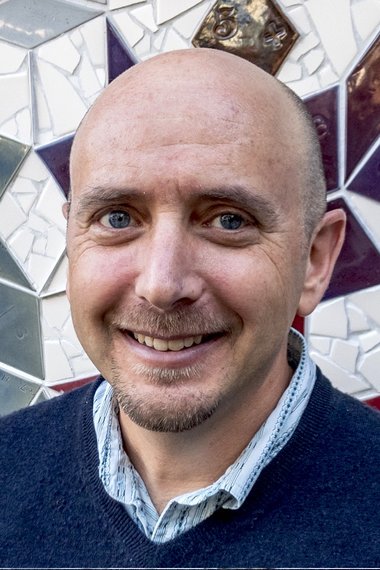
Vic Reiner (University of Minnesota, USA)
Vic Reiner got his Ph.D. in 1990 at MIT, as a student of Richard Stanley, and has been at the University of Minnesota - Twin Cities ever since. He is interested in algebraic, geometric and topological combinatorics, although at the end of the day, he is actually happiest when he gets to count something. Recently his interests have circled back to one of his first loves: invariant theory of finite groups, particularly reflection groups. He currently serves on the editorial boards of Journal of Combinatorial Theory Series A, Algebra and Number Theory, and the new Fair Open Access journal called Algebraic Combinatorics.

Stephan Wagner (Stellenbosch University, South Africa)
Stephan Wagner grew up in Graz, Austria, where he also received his education. He obtained a Ph.D. from Graz University of Technology under the supervision of Robert Tichy in 2006 and moved to South Africa almost immediately after graduation, starting his career at Stellenbosch University as a lecturer in January 2007. He is interested in a wide range of topics in discrete mathematics and particularly enjoys enumerative and analytic combinatorics. He is involved in a variety of mathematical initiatives, such as the African Institute for Mathematical Sciences (AIMS), and the South African Mathematics Olympiad.

Chuánmíng Zōng (Tianjin University, China)
Chuánmíng Zōng obtained his Ph.D. in 1993 from Vienna University of Technology under the supervision of Peter M. Gruber and Edmund Hlawka. In 1997, he was promoted to a full professor at the Chinese Academy of Sciences. In 2000, he became a professor at Peking University. In 2009, he became a Yangtze distinguished professor at Peking University. Currently, he is a distinguished professor at Tianjin University. He works in Discrete Geometry and Geometry of Numbers. He has made contributions to Hilbert’s 18th problem on tetrahedron packing and to multiple tiling. He has been awarded a S. S. Chern Prize by CMS, a von Prechtl Medal by Vienna University of Technology, a National Science Award by the Chinese Government, and a Levi L. Conant Prize by the AMS.
